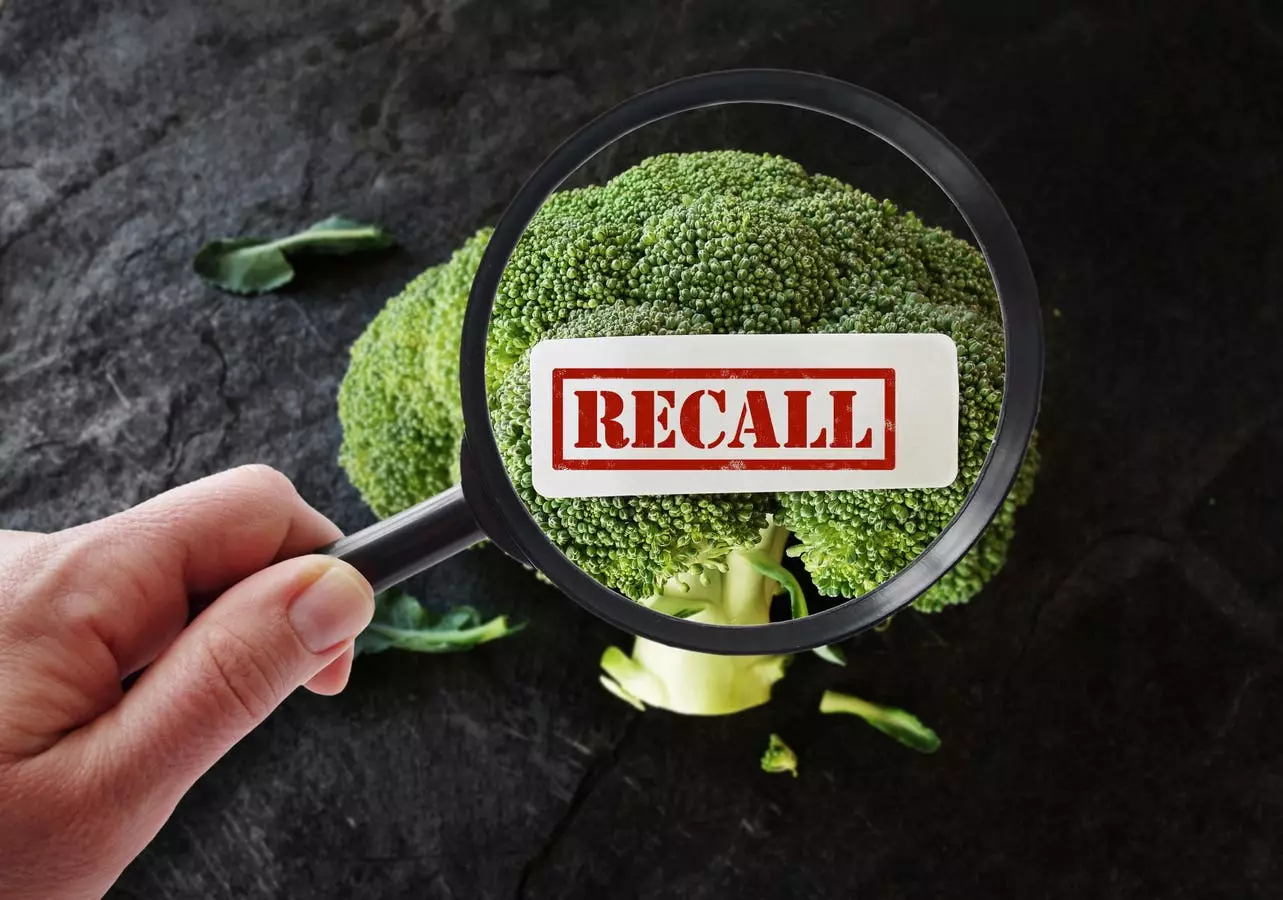Food safety is a serious concern that often unveils itself under the most unexpected circumstances. Recently, we have witnessed several alarming cases of food recalls, where what began as a minor advisory transitioned into serious public health threats almost overnight. A striking example is the Class 1 recall of Walmart’s Marketside Broccoli Florets, which caught the attention of health officials due to the presence of Listeria monocytogenes. This case exemplifies the unpredictable nature of food safety issues and raises critical questions regarding the triggers that elevate a recall from a minor notification to a full-blown health crisis.
To understand the gravity of a Class 1 recall, it is crucial to grasp the FDA’s classification system. Recalls are categorized into three Classes based on their risk level:
1. **Class I** – This is the most severe classification and indicates a reasonable probability that consuming the product could lead to serious health outcomes or even death. Examples include foods contaminated with dangerous bacteria like Listeria and Salmonella.
2. **Class II** – A Class II recall suggests that while there may be risks, they are typically temporary or medically reversible. For instance, minor contaminants or labeling issues that do not involve major allergens fall within this category.
3. **Class III** – This class is the least severe and applies to products that do not pose a health risk but violate regulatory guidelines, such as minor packaging defects or incorrect labeling.
The transition from a lower-class warning to a Class 1 escalation often occurs due to new information surfacing, such as additional contamination tests, reports of consumer illness, or expanded distribution details.
Several factors could trigger the reclassification of a food recall. Initially minor advisories may be based on limited information. As testing proceeds and more data becomes available, the full extent of the threat may come to light, necessitating a more serious response. For example, when the Lay’s potato chips recall initially emerged as a minor labeling issue, it later escalated to a Class 1 classification following the detection of significant cross-contamination with milk allergens. Such elevations often catalyze urgent public health responses, especially for vulnerable populations where even minimal exposure can provoke severe reactions.
Similarly, the recent recall of Costco’s Kirkland Signature Organic Pasture-Raised Eggs is a notable case in which the FDA raised the concern to Class 1 status as the scope of potential salmonella contamination grew clearer. The escalation not only signifies an increased risk to consumers but also showcases the dynamic nature of food safety policies.
Exploring a few more instances illustrates the broader implications of these recalls. For example, the significant outbreak linked to Wicklow Gold Cheddar demonstrated the rapid response required when Listeria was confirmed in a cheese product. The FDA’s swift action to expand the recall highlighted the agency’s commitment to preventing large-scale outbreaks. Listeria, notorious for being resilient in cold environments, especially poses a risk in dairy and produce products, calling for rigorous monitoring.
Another alarming recall involved Cal Yee Farm’s snack products, which initially began over labeling issues but escalated due to undeclared allergens. This case underscores a frequent problem in the food industry: the failure to disclose essential allergy-related information, a lapse that can lead to life-threatening reactions, particularly among individuals with severe allergies.
These scenarios reveal a larger narrative about food safety’s evolving landscape. No food product can be considered immune to issues, whether labeled as organic or premium. Some of the most surprising recalls, such as those involving Costco products, serve as stark reminders that no grocery staple is beyond the purview of food safety interventions.
Consumers must remain vigilant and stay informed by monitoring recall announcements from the FDA and other relevant health authorities. Although recalls can present as daunting events, they play a critical role in safeguarding public health. Understanding the recall process and recognizing the risk classifications empower consumers to make informed decisions about the products they bring into their homes.
Food recalls, especially those escalating to Class 1 status, symbolize a complex interplay between regulatory oversight, manufacturing practices, and consumer health. While the hope is that these recalls are preemptive actions, they also serve as a critical reminder of the ongoing importance of food safety in our daily lives.


Leave a Reply